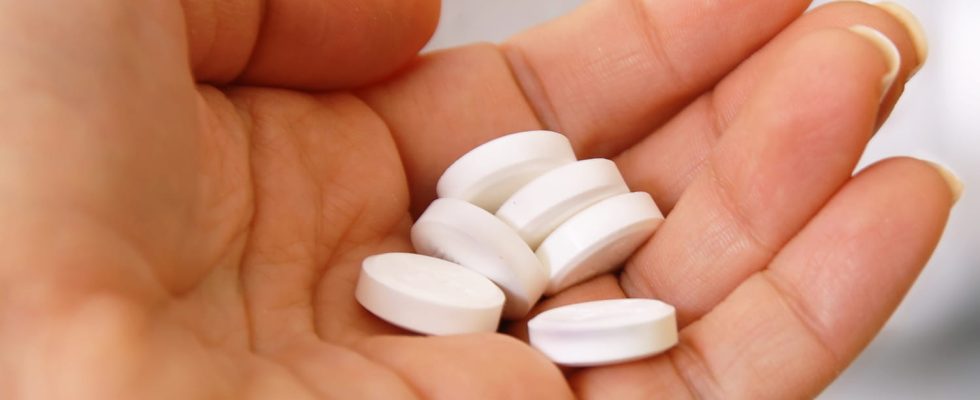Taken in a medical setting to relieve severe pain but also, illegally, in a festive or sexual use, a drug can cause serious damage to the liver, warns the Medicines Agency.
New warning. In a press release dated August 30, theNational Medicines Agency (ANSM) recalls the dangers of ketamine when taken for a long time and/or repeatedly. Ketamine is a narcotic drug prescribed in a medical setting as anesthetic and for relieve stubborn pain in palliative care. As it has properties psychotropicit is also taken outside of any medical framework and in a illegal for its effects euphoric. “A increase in illegal consumption ketamine, used as festive product or as part of chemsexhas been observed by addiction monitoring centres, reports the health agency. Of the serious complications consecutive to the administration of ketamine are still regularly reported in a medical or non-medical setting. This is’severe damage to the liver and bile ducts (hepatitis, cholestasis or cholangitis) and urological (non-infectious interstitial cystitis) with possible repercussions on the kidney (renal failure acute, hydronephrosis, etc.). They most often result from prolonged and/or repeated use, which can also cause addiction to ketamine.” Reports medication errors due to confusion between different dosages of ketamine medications are also regularly reported.
The signs that should lead to consult a doctor without delay
- L’appearance of blood in the urine or pelvic pain
- dependence and habituation characterized by the need to increase the dose to obtain the same effect
What precautions to take with ketamine?
Drugs containing ketamine are narcotic drugs. Their prescription is limited to 28 days, written in full and on a secure prescription. These drugs are reserved for hospital use. They can be administered by any doctor specializing in anesthesia-resuscitation or emergency medicine. When prescribing ketamine, it is asked physicians to:
- Respect the recommended dosages and do not prescribe or administer ketamine for a prolonged period;
- Monitor liver function regularly (transaminasesGGT, alkaline phosphatase and bilirubin) and kidney, as well as the patient’s urinary cytology;
- Ask the patient to watch for blood in the urine or pelvic painwhich constitute warning signs of urinary involvement and to consult his doctor if necessary;
- Refer the patient who has repeated use of ketamine for festive or sexual purposes to an addictologist
In the case of home treatment, patients should return unused vials of ketamine to the hospital pharmacy or community pharmacy”given the potential risk of abuse and misuse of ketamine” argues the ANSM.
